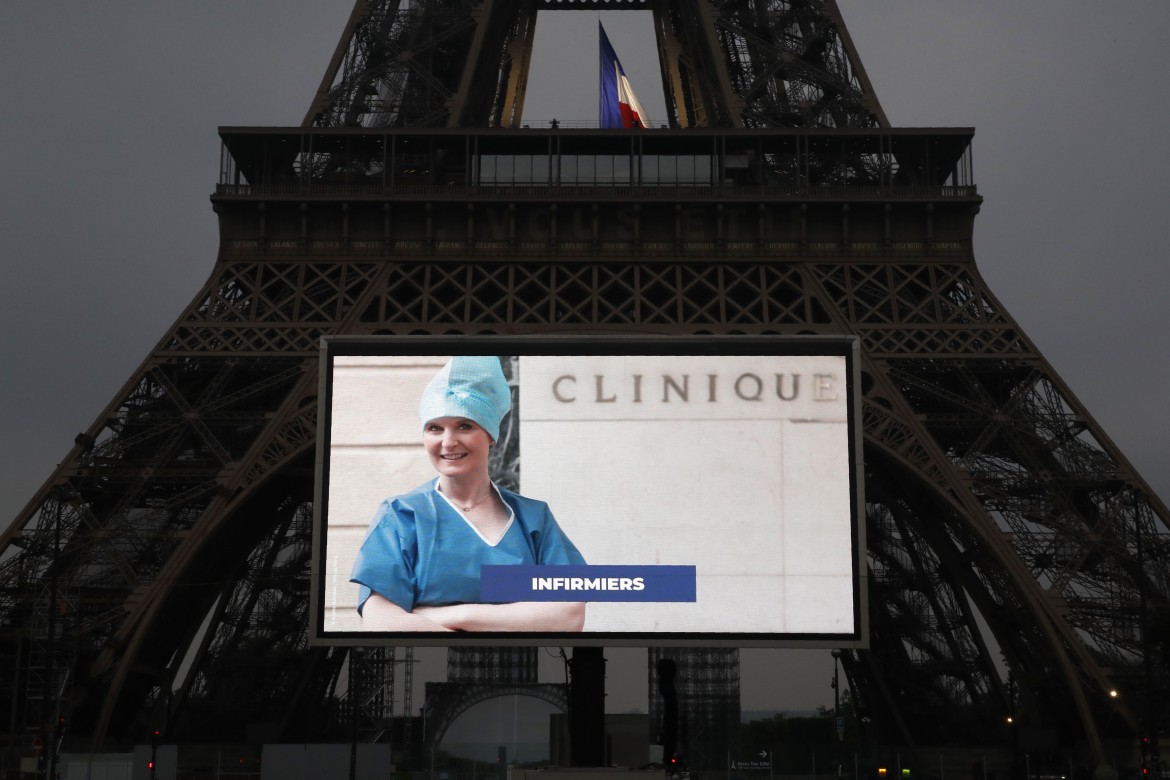Report
Europe stumbles toward tourist season hoping ‘summer is not lost’
The European Commission presented guidelines to try to minimize the impact of the coronavirus crisis on tourism. But health policies are set nationally, and some countries are already introducing bilateral agreements and testing restrictions for newcomers.

Will there be any “European” holidays this summer? Will EU citizens be able to start travelling in the Schengen area again? For the time being, the borders are basically closed, even while goods, border workers and those who have to return to their country are allowed to pass through (trains are traveling once a day between Paris and Milan, and a few planes are flying).
“Non-essential travel” from outside the EU is banned, but there are also obstacles to free movement inside the Union (while this is one of the four freedoms), despite the fact that 17 million people are living and work in a country other than their country of birth.
Jean Asselborn, Luxembourg’s foreign minister, has said that seeing the border police on the Schengen bridge is painful and that it recalls the uglier times of European history: “Resentment is growing, and when that happens, we start to see and hear things we hoped we would never have to witness again: anti-German and anti-European statements.” (In protest against Germany, which has kept its borders closed, Luxembourg has flown its European flags at half-mast.)
Internal Affairs Commissioner Ylva Johansson has compared the closure of the Schengen borders to the Iron Curtain era.
On Wednesday, the Commission presented guidelines to try to minimize the impact of the coronavirus crisis on tourism, an economic sector which accounts for around 12% of the European GDP and almost 20% of employment (while for some countries, especially in the South, the figures is even higher). This new Roadmap, a sequel to the one on April 14 on the end of the restrictions—which was not implemented cohesively—aims to develop principles that President Ursula von der Leyen has called “smart solutions.”
According to Vice-President for Digital Margrethe Vestager, “the summer is not lost.” The head of Common Foreign and Security Policy, Josep Borrell, was more cautious, saying it will depend on how stopping the confinements goes. Nine countries (Italy, France, Greece, Spain, Portugal, Malta, Cyprus, Bulgaria and Romania) have asked the Commission for a plan to relaunch tourism and establish uniform travel rules. Ylva Johansson has said: “Member states cannot open the borders to citizens of one EU country, but not to another.”
The Commission is proposing the principles of “proportionality” and “non-discrimination” in its decisions. However, health policies are within the competence of the national authorities and not the European Community. As a result, there is a race for bilateral agreements between states to avoid the collapse of summer tourism.
For the moment, confusion reigns. On Tuesday, Spain decided to impose a 14-day quarantine for anyone entering the country from abroad until the end of the state of emergency on May 24, but it is already considering possible extensions to the measure (amidst the protests of the touristic regions). Mandatory quarantine has also been in effect in Italy and Germany from April 10 (with fines of up to €10,000 for those who violate it).
The Netherlands are imposing quarantine only on those coming from “high risk areas” for the spread of the infection. The UK has also imposed mandatory quarantine for travelers, but with exceptions for Ireland and France (on Sunday, a bilateral agreement was concluded between Boris Johnson and Emmanuel Macron that allows free circulation between the two countries). France, however, went against the Commission’s advice this week and sent back some Bulgarian seasonal workers who had come to pick fruit.
Greece has decided that this summer it would only let in tourists who have done a swab test less than 72 hours before. To rescue tourism, Austria has opened its borders to German citizens and Croatia has agreed on free movement for Slovenes and Czechs and is trying to convince Germany to do the same. Italy, Spain, France and Germany are discussing how to allow quarantine-free flights this summer.
The Commission’s new Roadmap should bring some cohesion in this area, although the states will still have the last word. The Commission is suggesting basing decisions on scientific data and adopting uniform health protocols. It was also set to give practical guidance on the resumption of passenger transport and on the guidelines to be followed for the opening of internal borders, as well as an overall assessment of temporary restrictions on travel considered “non-essential.”
The indications from the Commission on Wednesday also had something to say on the conflict between customers and airlines, as the latter are trying to avoid reimbursing cancelled flights because of the extraordinary crisis, while the Commission is proposing that they should at the very least issue vouchers for future travel.
Originally published at https://ilmanifesto.it/tra-quarantene-e-tamponi-europa-in-ordine-sparso-verso-lestate/ on 2020-05-13
